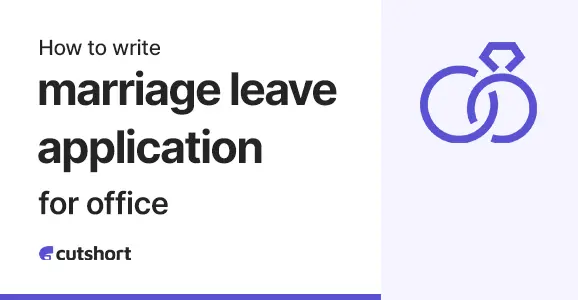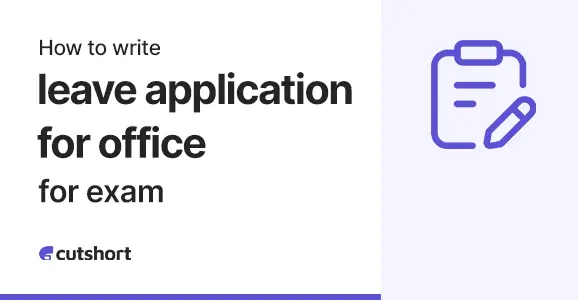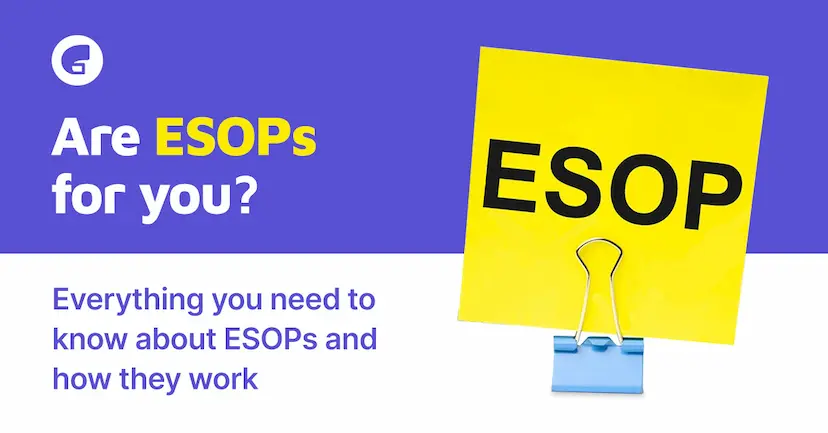If you have tried to look for jobs recently, you might have been asked to complete a job interview assignment remotely. If not, you will likely soon – since more and more companies are starting to include this step in their hiring process.
Why do companies give interview assignments these days?
Traditional job interviews are often about what you did in the past. Yes, they have traditionally included some hands-on problems too but those are often shorter-duration problems that can be completed in a personal interview.
Companies now want to test how well candidates can solve problems specific to their unique situation. Given a new problem, can the candidates research different options and find a good enough solution in a short amount of time?
This is good for candidates too. They get a fair idea about the nature of work, get a longer period of time to think about the problem and also get to understand the thinking process of the hiring manager.
When interview assignments go wrong
Interview assignments are great when they are used correctly at the right time. They can be terrible:
- When they come too early in the process: It’s rather unfortunate when companies give an assignment in the first step of the hiring process itself. Without establishing an early fit, giving clarity on the job role, and building some relationships, giving interview assignments too early mostly discourages good talent from continuing with the process. Good talent prefers talking to real people first before investing too much of their time in each company they are talking to.
- When they are too detailed or very company-specific: Ideally, these interview assignments should be used to test some very tangible qualities within a few hours of time. If an assignment is too detailed or requires one to invest days in understanding the company’s domain, they become unrealistic and begin looking more like consulting projects. Companies should respect candidates’ time and should also understand that the higher the effort, the lesser are the chances that a good candidate will spend time on you vs other competing priorities.
- When companies use them unethically: There are always some bad apples. Some companies/startup founders have apparently started giving interview assignments to people, just to get fresh ideas for free. Here is a story shared on LinkedIn:
What you can do in these situations is identify these bad apples early. The good news is that such hiring teams who are so hollow to ask an outsider to give ideas on “their business” should be easy to identify early. 🙂
Acing these interview assignments
Before accepting the interview assignment
First off, say no to assignments if they are coming in too early in the process. Tell companies you need to talk to someone for more clarity on the job role and anything else that is important to you.
Next, try to understand the goals. Is it creativity, speed, or completeness of the solution? You don’t want to optimize on the wrong thing when you’re on a tight deadline.
Working on the interview assignment
Once taken on an assignment, clearly understand the scope and set a realistic deadline. If it is too specific and long, break it down to different independent parts and renegotiate the scope. There is often no harm in telling them that you are talking to other companies too and won’t have enough time to do justice to a longish project. Good companies will understand that well.
If you fear that the company might just use your contribution – just don’t do it. It is so much better than doing it half-heartedly or delivering some generic ideas.
Completing the interview assignment
No matter what, finish the project on time and deliver. Believe me, when it comes to job assignments – “done” is infinitely more valuable than “perfect but late”.
Also read: How to choose the right startup job offer?
Conclusion: Interview assignments are useful if done right
Job interview assignments are valuable and here to stay. And they are good for both companies and candidates.
Use them as an opportunity to get a feel of the actual work and to understand how your hiring manager would be.
Questions? Please comment below. All the best!





